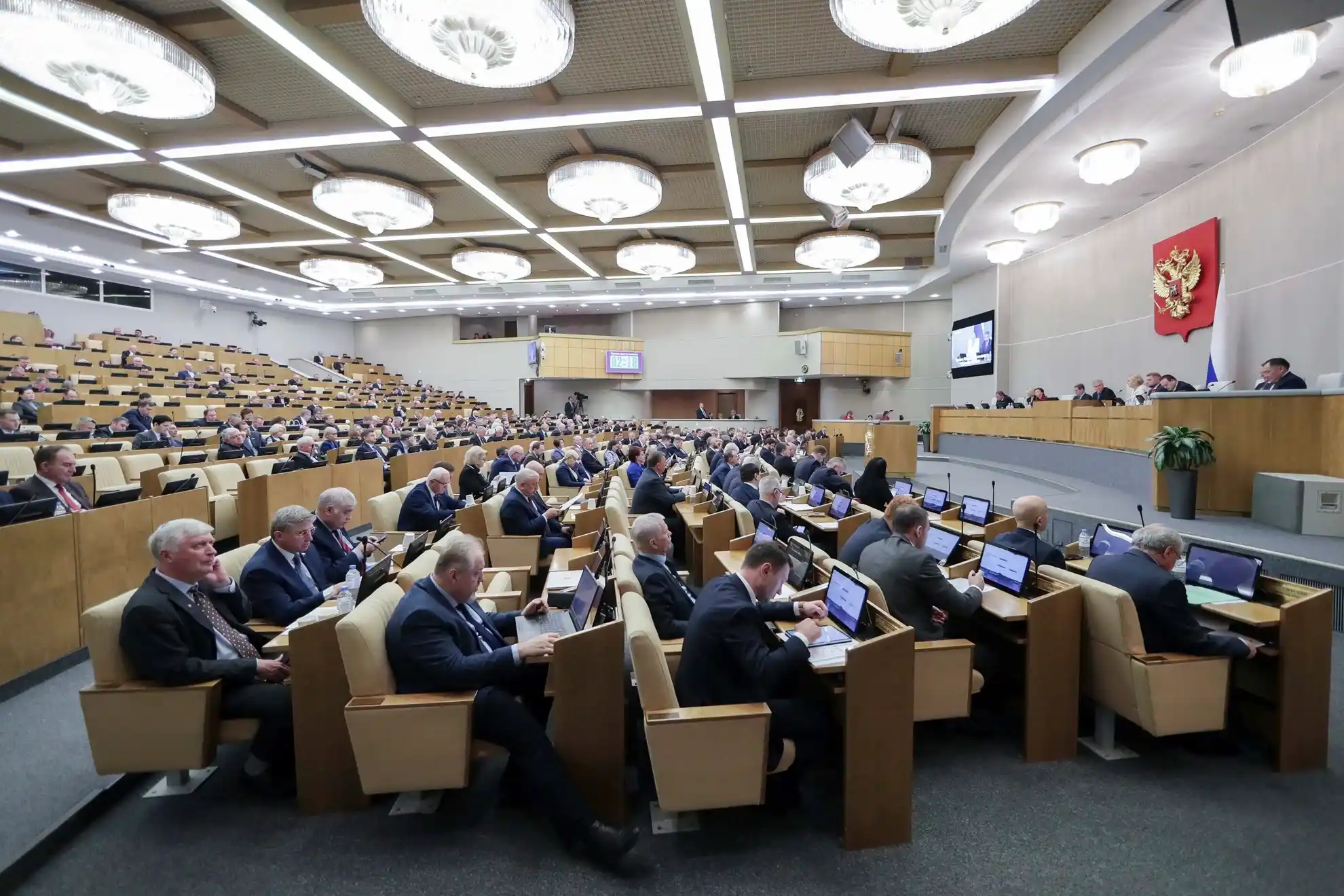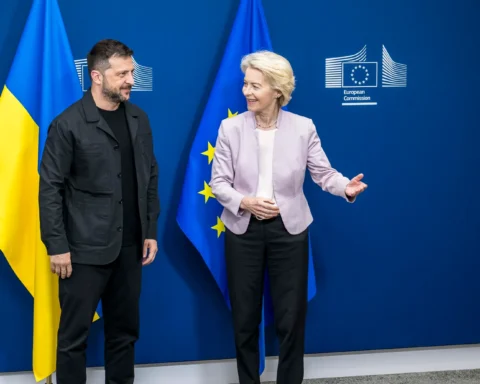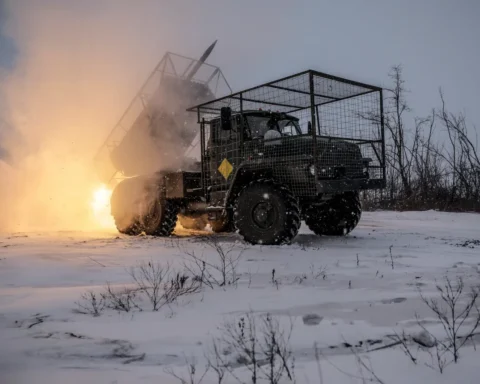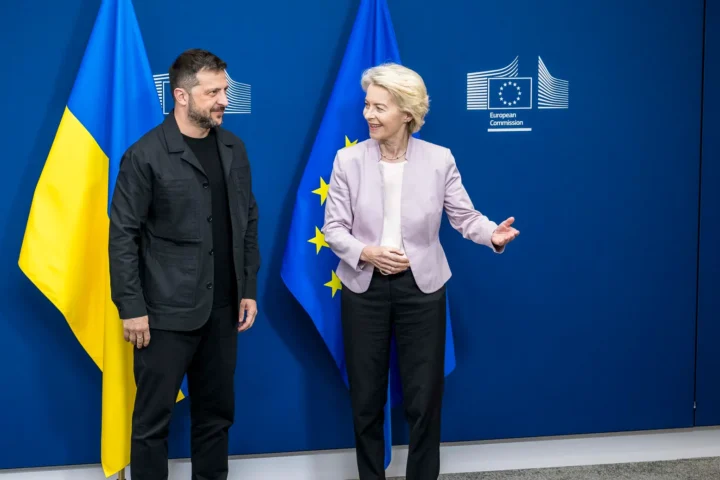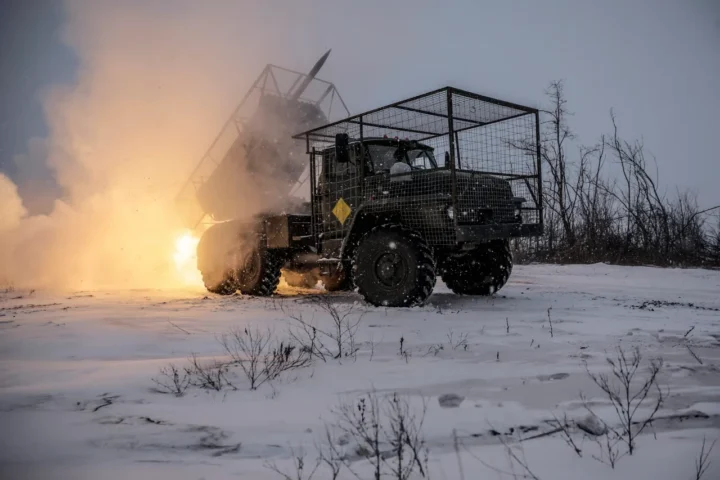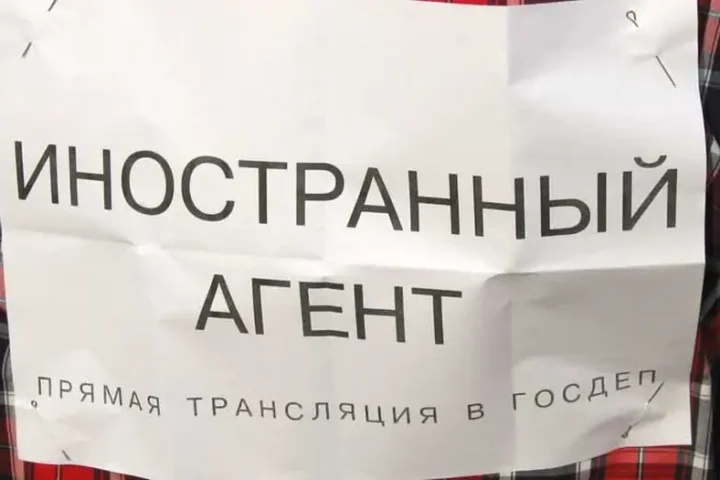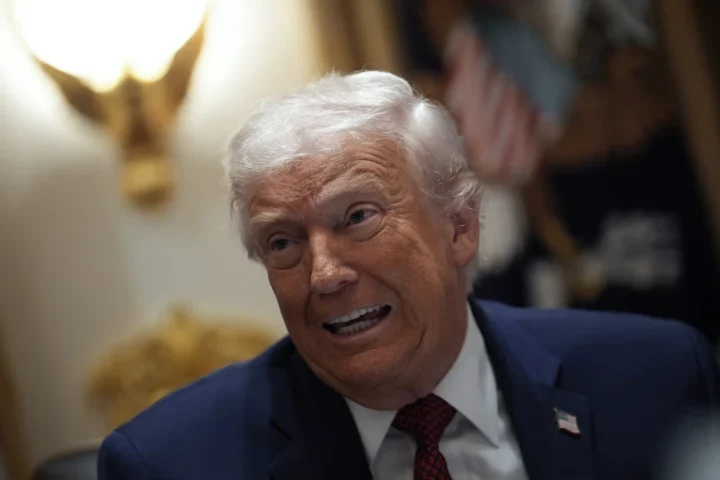
Russia’s federal budget deficit for 2024 has reached an unprecedented ₽3.5 trillion ($38 billion), the highest level in the past three years. This alarming figure has far exceeded initial projections and highlights significant challenges in the country’s fiscal management.
Projections and Reality
Originally, the 2024 budget plan forecasted a deficit of ₽1.6 trillion. However, this estimate was revised twice during the year—first to ₽2.1 trillion and later to ₽3.3 trillion. Despite these adjustments, the actual shortfall surpassed even the revised expectations, reflecting the volatility of the economic environment and fiscal planning shortfalls.
Spending Surge Drives the Deficit
The primary factor behind the ballooning deficit was a sharp increase in government spending. Federal expenditures rose by 24% compared to 2023 and by a staggering 62% relative to 2021, reaching an all-time high of ₽40.2 trillion. This surge in spending was attributed to increased outlays across various sectors, further straining the budget.
To cover the fiscal gap, the Ministry of Finance turned to the National Wealth Fund (NWF), withdrawing ₽1.3 trillion in December 2024. Additionally, the government raised over ₽2 trillion through the issuance of floating-rate federal bonds (OFZs), intensifying reliance on debt financing.
Diminishing Reserves
By the end of 2024, the liquid portion of the NWF had dwindled to ₽3.8 trillion, barely exceeding the size of the year’s deficit. This depletion leaves limited room for maneuvering in 2025 and increases the likelihood of significant spending cuts to stabilize public finances.
Geopolitical Uncertainty Looms
Adding to these economic challenges, geopolitical tensions remain a critical factor. The ongoing conflict in Europe—the largest in eight decades—continues to cast a long shadow over Russia’s economy, constraining growth and complicating fiscal planning.
Outlook for 2025
With reserves nearing exhaustion and geopolitical uncertainty persisting, Russian fiscal policymakers face an uphill battle. Balancing the budget will require tough decisions, including possible austerity measures, to navigate the year ahead and ensure economic stability.


